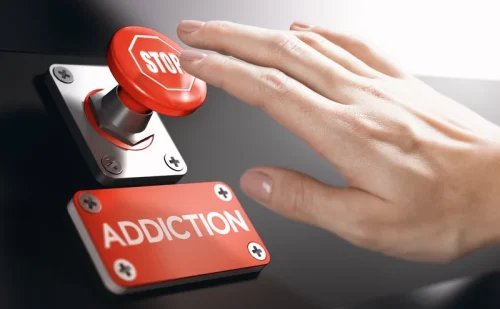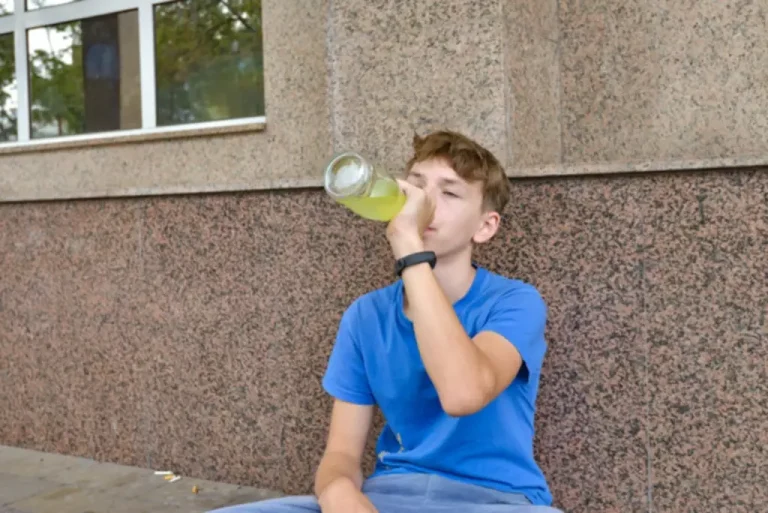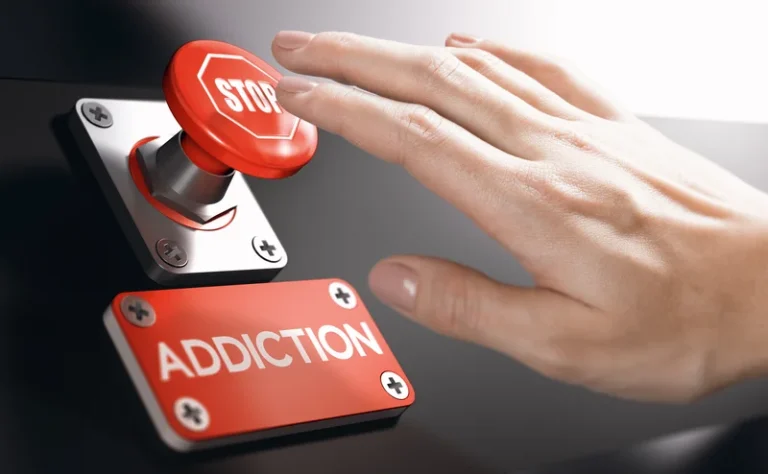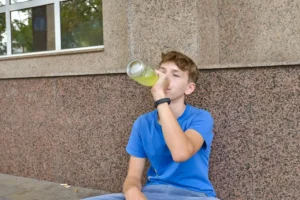
His absence from our home gave me the necessary space to process how addiction had turned our lives upside down so quickly. The single most driving emotion I needed to heal was anger. The time alone gave me space to do my own soul work and attend to my own life. “There’s a reason why the legal age of drinking is 21 years. It can cause memory loss and interference with brain development.

Beyond Day 1: Small Acts Build Big Recovery
Having occasional cravings or thoughts of drinking is normal during recovery. But when you keep thinking about it, and start planning to do it, it’s time to get help. Many people think preventing a relapse means just saying “no” to a drink. But by the time you’re looking at a can of beer or a bottle of liquor, you’re in the last and most difficult stage of a relapse. When you’re recovering from alcohol use disorder, a relapse is when you start drinking again.

Definition of sobriety in recovery contexts
- “You get the best benefit from alcohol when you drink in moderation.
- This is a good time for setting goals — an activity that helps to strengthen their commitment to change.
- You might not have any issues after your short-term withdrawal goes away.
- I didn’t fit that stereotypical image of an alcoholic, but I could not go a day without alcohol.
- I perceived him as an accomplished executive with a relational leadership style appreciated by his colleagues.
Prolonged abstinence along with healthy eating and exercise during this stage can also allow people to begin recovery from liver damage. At this stage, defense mechanisms are in high gear, and people are reluctant to even acknowledge they have a problem. They may going back to drinking after being sober try to avoid the topic of their drinking or minimize the negative impacts of their alcohol use. During this stage, people are experiencing the negative impacts of their alcohol addiction, but they have no intention of changing their behavior. Many people who misuse alcohol or drugs have trouble dealing with anger. If left unchecked, anger can have a negative impact on your health and your lasting sobriety.
- As with other chronic diseases, alcohol use disorder has treatment options and can be managed.
- Preventing a relapse starts with having a strong recovery plan.
- In severe cases of withdrawal when symptoms are not treated, a person may experience generalized tonic-clonic seizures, delirium tremens, and even death.
How alcohol affects the body

Unfortunately, treatment is often ineffective at this stage because individuals simply don’t believe they have a drinking problem. It’s unlikely that a person in this stage would even be interested in information about alcoholism. While recovery from alcoholism can take weeks, months or even years, most people progress through six stages of change as they overcome an alcohol addiction. Some recovery programs and addiction specialists consider non-alcoholic beer within the context of harm reduction strategies. Harm reduction aims to minimize the negative consequences of substance use rather than insisting on complete abstinence.

- Alcohol withdrawal (alcohol withdrawal syndrome) is a range of symptoms that can happen if you stop or significantly reduce alcohol intake after long-term use.
- If you were active in your addiction for a period of time, you may have developed financial problems.
- This is a small list, but any of the points on it would be good signs that you may need outside intervention.
Go to the nearest emergency room or call 911 (or your local emergency service number) if you or a loved one has any concerning symptoms of alcohol withdrawal. Sometimes called alcoholic hallucinosis, these can show up within 12 to 24 hours after you quit. Tell your doctor if you see, hear, or feel things that aren’t there.
What is Relapse Under an Abstinence Model?
- Throughout the night, your liver will have time to metabolize (break down) all the alcohol in your system.
- As a result, overcoming guilt and negative self-talk is vital.
- It becomes overexcited because there’s no more alcohol to slow it down.
- It’s hard to imagine going back to how things used to be.
Your healthcare provider will recommend and encourage treatment for alcohol use disorder. Symptoms of alcohol withdrawal tend to peak 24 to 72 hours after your last drink. Some people experience prolonged withdrawal symptoms, like insomnia and mood changes, that can last for weeks or months.
